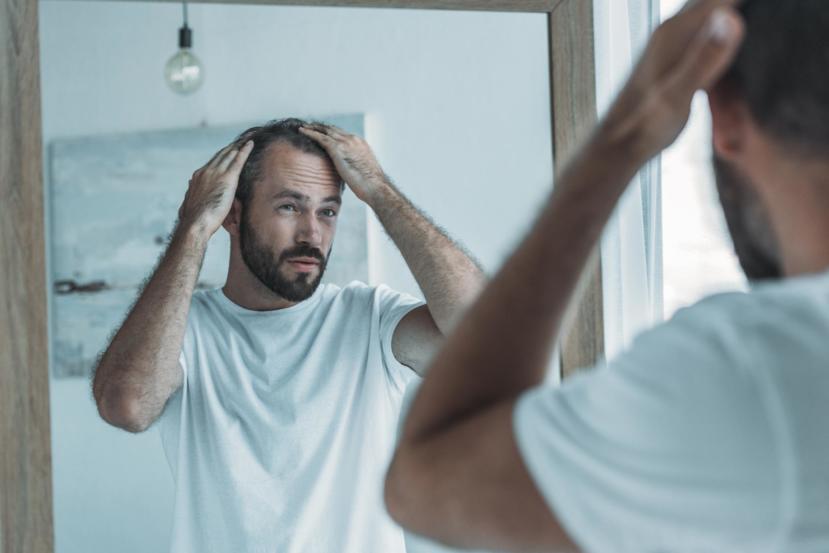Causes of Hair Loss

Dr. Arslan is a Hair Transplant surgeon who has been practicing in Turkey for more than 13 years. He is a member of the International Society of Hair Restoration Surgery’ and performs procedures at his practice Hairmedico.
The causes of hair loss in men vary. Every day, we lose about 50 to 100 hairs. This is a completely natural phenomenon that is an integral part of the hair's life cycle.
However, if hair loss becomes more severe, it is diagnosed as a pathological alopecia.
What are the signs? Temples, hairline, mid-scalp that gradually recede. This disorder mainly affects men (about 70% of cases) and generally appears between the ages of 20 and 35. Untreated, it could turn into baldness, hair loss on the top of the head. The back area of the head is a genetically coded area where hair never falls out.
Alopecia is mainly caused by an overproduction of male hormones (androgenic alopecia), often hereditary, which accelerates hair loss.
Androgenetic alopecia can begin in early adulthood or even in adolescence. Generally, the earlier it starts, the more severe it will be. Alopecia evolves with age. It concerns 25% of men aged 25, 40% of men aged 40 and 50% of those aged 50. Women can also be affected but much less than men (hair loss is more diffuse and generally more discreet).
As we age, the metabolism tends to slow down, making it difficult to replace lost hair. There are also other aggravating factors such as unbalanced diet, anxiety, poor lifestyle or aggressive hair care such as hair dyeing, straightening...
As soon as you notice abnormal and abundant hair loss, it should alarm you and push you to take action or consult a specialist doctor to control the hair loss process by strengthening the hair from the roots.
What treatment should be followed?
- Anti-fall shampoo that will gently cleanse your hair and strengthen it over time,
- Dietary supplements based on biotin, zinc to strengthen roots and hair,
- Minoxidil which is basically prescribed to fight hypertension, it has a vasodilating effect that promotes hair growth which is due to the improvement of blood flow.
- Finasteride 1mg, prescribed by a doctor, is taken orally, at a dose of 1 mg per day, and works by inhibiting 5-alphareductase, the enzyme that converts testosterone to dihydrotestosterone (DHT), the latter being directly involved in the development of baldness. The result: the DHT level decreases, which preserves hair growth and slows down the succession of cycles. This treatment has sexual side effects, such as decreased libido or erectile dysfunction.
Hair transplant: If your baldness is advanced, the roots are damaged and no longer grow back, you can consult a doctor who specializes in hair transplants. A hair transplant surgery is possible and gives excellent results. Grafts will be taken from the back of the head, which is a genetically coded area where the hair never falls out, and then implanted back into the bald areas of the head. The implanted hair will therefore remain for life.
Our advice: Before starting hair loss treatment, consult a baldness treatment specialist or dermatologist. Make sure you eat a balanced diet by choosing foods rich in proteins, vitamins and minerals, nutrients that are essential for healthy hair.
If you are considering a hair transplant, make sure you choose your doctor carefully. It is a serious surgical procedure that requires professionalism and good experience. Do not leave yourself in the hands of the technicians, ask the doctor to do the surgery himself.









